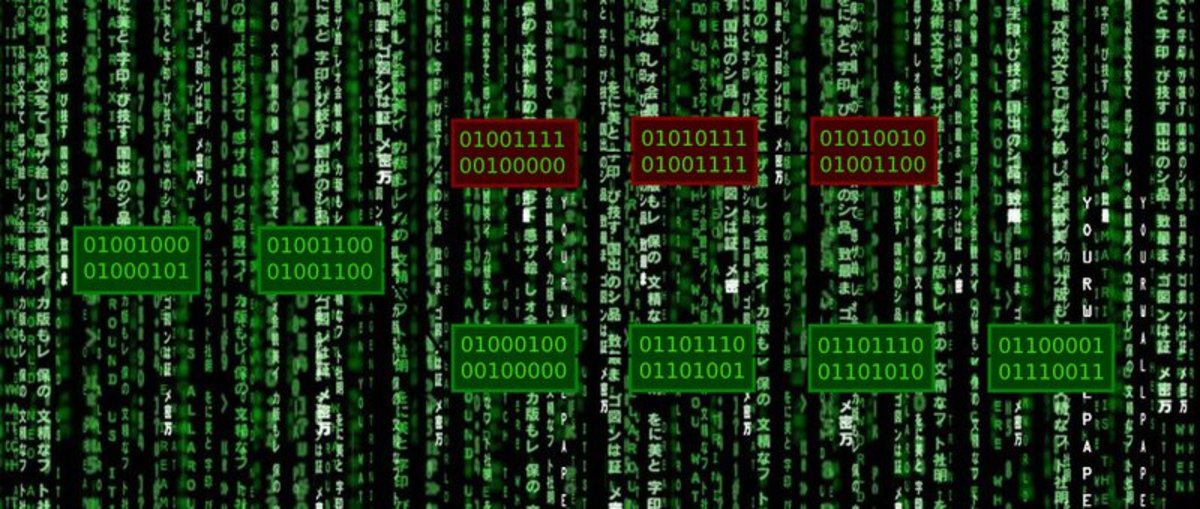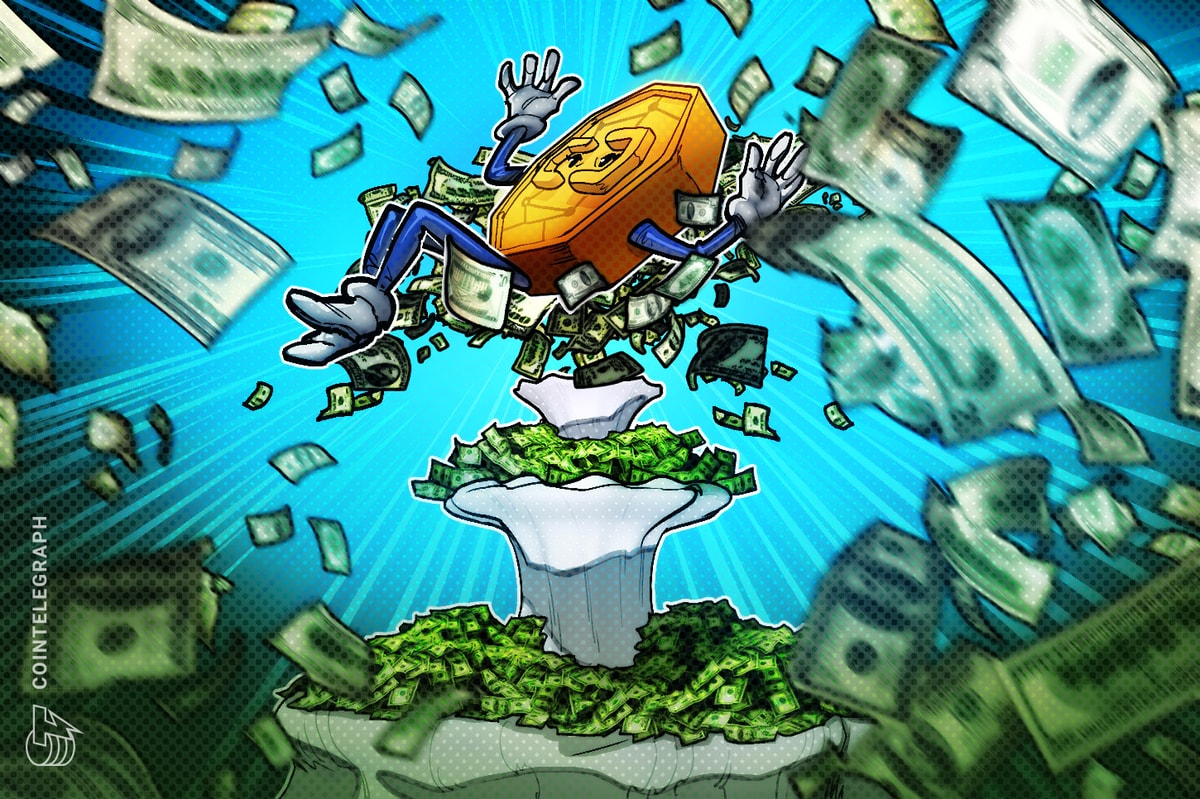
Government regulation has for a long time been a gray area for Bitcoin, both in the United States and elsewhere. Although we have seen a number of disparate government reports either simply talking about Bitcoin or providing a regulatory opinion on some aspect of Bitcoin exchange, to date we have not seen anything close to a conclusive statement on digital currencies from any government organization in any country in the world. The problem is a difficult one; nearly all laws to date that attempted to regulate online payments of any form have all assumed a central issuer, and in the case of Bitcoin it could be just as easily argued that everyone is an issuer or that no one is. Today, however, we have gained a much clearer picture of what regulation for Bitcoin will look like, as FINCEN just released a paper clarifying their position on virtual currencies, touching on the concept of “decentralized digital currency” in detail with Bitcoin clearly in mind.
The paper starts off delineating a clear definition of what virtual currency is: “FinCEN’s regulations define currency (also referred to as “real” currency) as “the coin and paper money of the United States or of any other country that undefined is designated as legal tender and that [ii] circulates and [iii] is customarily used and accepted as a medium of exchange in the country of issuance. ” In contrast to real currency, “virtual” currency is a medium of exchange that operates like a currency in some environments, but does not have all the attributes of real currency. In particular, virtual currency does not have legal tender status in any jurisdiction.” It then breaks digital currencies down into three forms: e-currencies and e-precious metals, centralized digital currencies and decentralized digital currencies. Although the document does not explicity define an e-currency and what differentiates it from any other virtual currency, a footnote makes the likely intended meaning clear: “Typically, this involves the broker or dealer electronically distributing digital certificates of ownership of real currencies or precious metals, with the digital certificate being the virtual currency.” That is, e-currencies are essentially certificates for what FINCEN calls “real” currencies – that is, currencies that are, somewhere in the world, legal tender. Centralized virtual currencies are digital currencies that have a “centralized repository”; this is likely intended as a catch-all term for any virtual currencies which are not simply tokens for “real” currency or precious metals but rather a currency in their own right, Second Life’s Linden dollars is perhaps the existing canonical example, although a hypothetical Bitcoin-like unbacked currency backed by a central repository would also fall into the scope. Finally, there are decentralized digital currencies. A decentralized digital currency is one “(1) that has no central repository and no single administrator , and (2) that persons may obtain by their own computing or manufacturing effort” – Bitcoin being right in the crosshairs. Interestingly, Ripple fits one half of the definition but not the other – although Ripple itself is decentralized, or at least will be once the server is released, all 100 billion XRP that will ever exist have already been created. If Ripple succeeds, perhaps FINCEN will be forced to release yet another clarifying guidance paper in two years’ time.
The paper also describes three roles that virtual currency users can have: user, exchanger and administrator. The concept of administrator is very narrow; the document states: “An administrator is a person engaged as a business in issuing (putting into circulation) a virtual currency , and who has the authority to redeem (to withdraw from circulation) such virtual currency” – the latter condition specifically excluding anyone in the Bitcoin economy, as Bitcoin has no concept of redeeming bitcoins in any meaningful way; even transaction fees are instantly transferred over to a miner in the next block. The definition of exchangers is simple: “An exchanger is a person engaged as a business in the exchange of virtual currency for real currency, funds, or other virtual currency.” Finally, a user is simply someone who uses virtual currencies to buy and sell goods and services.
The major boon from the document for Bitcoin is this: users get off lightly. In fact, FINCEN does not intend to touch mere users of virtual currency at all; the document states, “a user who obtains convertible virtual currency and uses it to purchase real or virtual goods or services is not an MSB under FinCEN’s regulations. Such activity, in and of itself, does not fit within the definition of “money transmission services” and therefore is not subject to FinCEN’s registration, reporting, and recordkeeping regulations for MSBs.” The document also offers protection from “prepaid access” laws that regulate gift cards and the like, saying that “a person’s acceptance and/or transmission of convertible virtual currency cannot be characterized as providing or selling prepaid access because prepaid access is limited to real currencies.” Finally, even exchanges are safe from “foreign exchange” regulation, the set of rules governing businesses that offer exchange between two or more national currencies.
The document continues:
A person that creates units of this convertible virtual currency and uses it to purchase real or virtual goods and services is a user of the convertible virtual currency and not subject to regulation as a money transmitter. By contrast, a person that creates units of convertible virtual currency and sells those units to another person for real currency or its equivalent is engaged in transmission to another location and is a money transmitter. In addition, a person is an exchanger and a money transmitter if the person accepts such de – centralized convertible virtual currency from one person and transmits it to another person as part of the acceptance and transfer of currency, funds, or other value that substitutes for currency.
The first two sentences clearly have to do with miners. What they state is simple: miners that use their bitcoins to buy goods and services are not regulated. However, miners that sell their bitcoins are. That is to say, interpreting these words literally, miners have to register as money transmitters if they are selling their bitcoins. But there is also another interpretation, hinging on the phrase “to another person”. Bitcoin developer Jeff Garzik writes on Reddit, In my non-legal opinion, it seems like miners are ok if they (a) exchange for fiat via a licensed bitcoin exchange, or (b) buy goods and services for bitcoins, staying inside the bitcoin economy. That is, “to another person” may simply refer to selling bitcoins over the counter directly, and if they are selling through a licensed Bitcoin exchange then that Bitcoin exchange’s license carries over to both sides of the transaction. But even if the first interpretation is the one FINCEN intends, it is trivial to bypass; miners can simply spend their earnings instead, using Bitspend to purchase goods in the USD economy with Bitcoin if the Bitcoin economy proper does not satisfy their needs.
The last sentence, however, is quite troubling. Although seemingly tautological, the sentence includes two key words: “money transmitter”. Money transmitter is in fact a technical term used by FINCEN that has a very specific regulatory meaning – a money transmitter needs to get a money transmitted license. These licenses require tens of thousands dollars of capital to acquire in each state, and a money transmitter must get a license in each state whose residents they intend to provide services to; all in all, a very serious roadblock to the United States’ big four exchanges: BitInstant, Coinlab, Coinbase and now Tradehill. The recent Bitcoin ATM project may also fall under the radar. So far, it is not clear what the owners of these services intend to do, and the rate of Bitcoin’s growth in the United States in the months to come will very significantly depend on just how both the exchanges and FINCEN itself will proceed.
Fortunately, payment processors such as BitPay are exempt. BitPay is legally classified as a payment processor, not a money transmitter. Gallippi points to 31 CFR § 1010.100(ff)(5)(ii)(A)–F, a set of FINCEN rules which clarify that “the term money transmitter does not include a person who only … (ii) Acts as a payment processor to facilitate the purchase of, or payment of a bill for, a good or service through a clearance and settlement system by agreement with the creditor or seller.” Becuase BitPay deals financially only with sellers, CEO Tony Gallippi explains, and not with customers, BitPay is in the clear.
Although the requirement for exchanges to get a money transmitter license is highly problematic, for the most part this guidance paper is a positive sign for Bitcoin for one simple reason: Bitcoin itself is now unambiguously legal, and that will not change any time soon. Even though the document does place Bitcoin exchanges under a very significant burden of regulation, what it also means is that nothing worse is going to come. Many organizations, including the popular independent video game collection Humble Indie Bundle, have been hesitant to accept Bitcoin over legal uncertainty, but now that the matter is settled they have no reason to fear; as long as they are not acting as money transmitters for BTC as well, under the new rules they are now fully protected. Although the document does not specifically mention the act of paying salaries in Bitcoin, the words that are there strongly imply that that is nothing more than mere usage as well. On the whole, FINCEN has just cleared the way for previously hesitant businesses and organizations to start experimenting with Bitcoin on a much larger scale.









